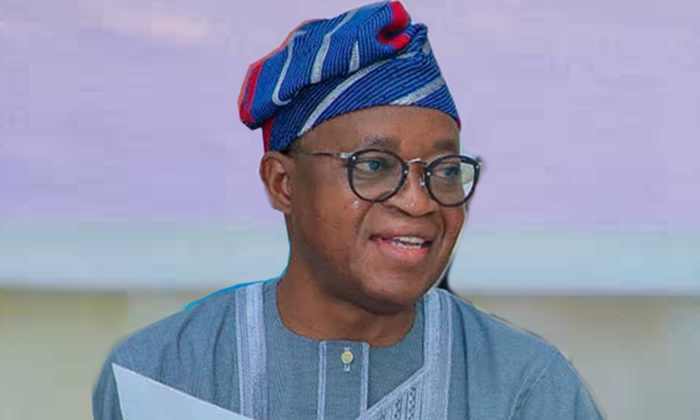Paragraph 1: The Untapped Potential of Nigeria’s Marine and Blue Economy
Nigeria, with its extensive coastline and abundant marine resources, holds immense potential within its marine and blue economy. This sector encompasses a wide range of economic activities, including fishing, aquaculture, shipping, tourism, and offshore energy. Recognizing this potential, the Minister of Marine and Blue Economy, Adegboyega Oyetola, has emphasized the need for increased investment and strategic development to unlock the sector’s full economic benefits. This push aligns with President Bola Tinubu’s Renewed Hope Agenda, which seeks to stimulate economic growth, create jobs, and promote environmental stewardship. Harnessing the marine and blue economy represents a crucial pathway towards achieving these objectives.
Paragraph 2: Prioritizing Key Areas for Investment and Development
Minister Oyetola has identified several key areas that require immediate attention and investment to maximize the potential of Nigeria’s marine and blue economy. These include strengthening surveillance systems and maritime law enforcement to combat illegal and unregulated fishing, a practice that undermines sustainable resource management. Improved aquaculture practices are essential to boost fish production and food security, while modernizing fishing ports will enhance efficiency and create new economic opportunities. Furthermore, promoting oceanographic research, stock assessment, and the development of renewable marine energy technologies are crucial for long-term sustainability and resilience in the face of climate change.
Paragraph 3: Aligning Budgetary Allocations with Strategic Goals
To translate these priorities into concrete action, Minister Oyetola has called on all agencies within the Ministry of Marine and Blue Economy to align their 2025 budget proposals with the strategic goals outlined in the National Policy on Marine and Blue Economy and the 2021-2025 National Development Plan. He stressed the importance of ensuring that every naira allocated delivers a measurable impact, emphasizing transparency, fiscal prudence, and strategic prioritization in budget planning and execution. This disciplined approach aims to maximize the effectiveness of public spending and ensure that resources are directed towards achieving tangible outcomes.
Paragraph 4: The National Policy on Marine and Blue Economy: A Roadmap for Sustainable Development
The National Policy on Marine and Blue Economy serves as a comprehensive framework for guiding the development and management of Nigeria’s marine resources. Minister Oyetola highlighted the policy’s alignment with international best practices and the Sustainable Development Goals (SDGs), particularly SDG 14, which focuses on the conservation and sustainable use of oceans, seas, and marine resources. The policy underscores Nigeria’s commitment to responsible environmental stewardship and its recognition of the interconnectedness between economic development and environmental protection.
Paragraph 5: Collaboration and Coordination Across Agencies
Effective implementation of the National Policy on Marine and Blue Economy requires close collaboration and coordination among various government agencies. Representatives from key agencies, including the Nigeria Ports Authority, Nigerian Maritime Administration and Safety Agency, National Inland Waterways, Nigerian Shippers’ Council, and the Maritime Academy of Nigeria, participated in a budget review session with Minister Oyetola. This collaborative approach ensures that all stakeholders are working in concert towards a shared vision for the sustainable development of the marine and blue economy.
Paragraph 6: A Vision for Sustainable Growth and Economic Prosperity
Minister Oyetola expressed optimism that the proposed 2025 budget will serve as a catalyst for sustainable marine resource management and long-term national economic growth. By prioritizing strategic investments, promoting innovation, and fostering collaboration, Nigeria aims to unlock the vast potential of its marine and blue economy. This commitment to sustainable development holds the promise of creating new economic opportunities, enhancing food security, and protecting the valuable marine ecosystems that underpin the nation’s well-being. The minister’s emphasis on transparency and accountability further reinforces the government’s dedication to responsible resource management and its commitment to ensuring that the benefits of this burgeoning sector are shared equitably across the nation.














